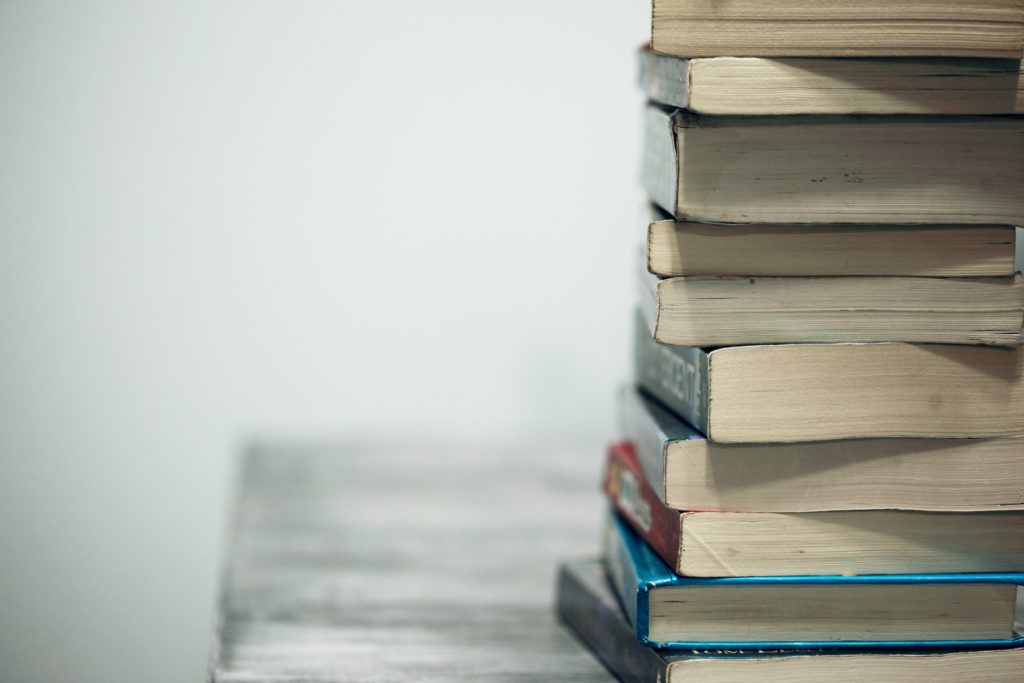
The Covid-19 pandemic, like all emergencies, is rife with difficult situations and ethical dilemmas, from the political arena to personal shopping. Some are serious; others are goofy. Should a government allocate resources on a red state/blue state basis, or for the common good? What is the proper balance between public health and economic growth? How much toilet paper do I really need?
And then there’s the price gouging, the out-and-out financial scams that flourish in times like these, and the “cures” and preventative treatments for the virus that may do more harm than good.
But a so-called “National Emergency Library” that co-opts a pandemic as an excuse to increase its reach into authors’ pockets by scanning their books and making them available to readers for free? Seriously?
The National Emergency Library is an unwarranted expansion of the Internet Archive, a controversial non-profit online repository that opened its digital doors in 1996. Conceived as a “digital library of internet sites and other cultural artifacts,” according to its website, the Internet Archive soon shifted its formidable attention to books. Over the next 15 years, the book scanning operation grew exponentially.
“We began a program to digitize books in 2005,” the Archive’s website explains, “and today we scan 1,000 books per day in 28 locations around the world.” That’s a lot of books. Many are old enough—published in 1923 or earlier—to be out of copyright and in the public domain, but others are not. And that’s the real problem. The stated mission of the Internet Archive is to provide “Universal Access to All Knowledge.” Sadly, that mission also apparently includes trampling on the rights of authors whose books are being scanned and “loaned out” without permission or payment of royalties.
What’s the difference, you might ask, between the Internet Archive and my local public library, where I can check out digital versions of current books for free? That’s a fair question, and the answer depends on who you ask.
“Controlled Digital Lending,” or “CDL,” is a relatively new and novel legal theory that says it is fair use for a library to scan and distribute digital copies of books when the library already owns a physical copy, with some important restrictions. Proponents of CDL argue that there is no difference between the Internet Archive and physical libraries and that both are operating legally. You can read a CDL fact sheet here.
Writers’ organizations, not surprisingly, take a different view. The Authors Guild argued that CDL relies on an “incorrect interpretation of copyright’s ‘fair use’ doctrine,” and that the practice poses a significant threat to authors’ earnings. The Authors Guild statement is here.
Even assuming that CDL is a valid legal concept that satisfies US copyright law—a position that is arguably wrong—expansion of the Internet Archive’s Open Library through the creation of a “National Emergency Library” because of Covid-19 creates a different set of problems. The issue is a matter of scale.
Core principles of CDL include requirements that the library “owns a legal copy of the physical book” and that the library cannot simultaneously lend more copies that it legally owns. Setting aside for a moment the question of whether the Internet Archive is even a “library,” establishing the National Emergency Library and relaxing “the restrictions on our controlled digital lending library to allow increased lending of materials” totally ignores the latter requirement. What the Internet Archive did was to eliminate the “waitlist” for borrowing a book. Now, supposedly in response to the pandemic, the Internet Archive will allow an unlimited number of users to borrow a digital copy of a book at the same time.
The reactions to that plan from writers’ groups were predictably quick and vocal.
“The Authors Guild is appalled by the Internet Archive’s (IA) announcement that it is now making millions of in-copyright books freely available online without restriction on its Open Library site under the guise of National Emergency Library. IA has no rights whatsoever to these books, much less to give them away indiscriminately without consent of the publisher or author.”
“IA’s Open Library is giving away books that are not theirs to give away,” Authors Guild President Douglas Preston added. “It’s as though they looted a bookstore and started handing away books to passersby. They are hurting authors and bookstores at a time when they can least bear it.” Read the Authors Guild statement here.
Nicola Solomon, chief executive of the United Kingdom’s Society of Authors, said that the establishment of the National Emergency Library was “disgraceful” and characterized the venture as “piracy, pure and simple.”
Responding to an inquiry from Senator Thom Tillis [NC-R], questioning the legality of the National Emergency Library, Internet Archive founder Brewster Kahle said that the initiative fits under an exception to US copyright law because fair use gives flexibility to libraries to “adjust to changing circumstances.”
ASJA recognizes the importance of copyright protection for its members’ work and opposes any attempt to weaken established law. I share the concerns of the Authors Guild regarding copyright infringement and lost revenue for authors caused by Internet Archive and the National Emergency Library, but an obvious solution, litigation, is costly and time-consuming. On ASJA’s Facebook page, a frustrated member recently asked, “What can we do?” These are some options:
- Search the Internet Archives to learn if your books have already been digitized.
- If you are the copyright holder and your books have been digitized without your permission, request that the titles be removed from the Internet Archive site. In his response to Sen. Tillis, Kahle said that books will be removed after an email request without a formal Digital Millenium Copyright Act (DMCA) takedown letter. The email address is info@archive.org.
- If your publisher holds the copyright to your books, request that they ask the Internet Archive to remove your books.
- Sign the Authors Guild’s Open Letter to close the “National Emergency Library.”
Even if you don’t write books now and aren’t immediately affected by the activities of Internet Archive and the National Emergency Library, you might want to become a book author in the future. Please consider opposing these attempts to weaken established copyright law. Copyright matters. It protects our work.

